
A step forward has been made in the Isle of Wight’s fight against climate change.
In an important and fundamental decision, the Isle of Wight Council has approved ‘Mission Zero’, the climate and environmental strategy which sets out how the Island can be carbon-neutral by 2040 — ten years before the government target.
The council only has direct control over about one per cent of the Island’s carbon admissions but has vowed to make all its assets carbon neutral by 2030, with schools following suit by 2035.
The council has been developing the strategy since it declared a Climate Emergency in July 2019 and has come up with an accompanying action plan, setting out 160 measures.
Cllr Jonathan Bacon, the cabinet member for environment, heritage and waste management, said since the declaration two years ago, perceptions and ideas have changed, particularly with the recent extreme weather.
He said:
“Apart from the most blinkered people, we recognise there is a problem and it needs to be dealt with.
“We are just a small part of the national and worldwide jigsaw but we need everyone to do what they can, hence the strategy.
“Apart from carbon neutrality, our approach is to seek wider benefits to assist a sustainable future and protect and enhance our environment here on the Island.”
Some of the actions in the plan will encourage job creation in environmental sectors, such as clean energy and energy efficiency, while also signposting private homeowners, landlords and new housing developments to meet future net carbon zero standards.
The authority will have a maximum carbon offset of 15 per cent through rewilding and land-use schemes on council-owned land.
The strategy, Cllr Bacon said, will be constantly reviewed and updated as technology and circumstances develop, undergoing formal reviews after the first nine months and then every six months after.
Cllr Bacon said working together with other council strategies, the climate strategy will form a matrix of what the new Alliance administration is trying to do, ‘pursuing the aims of improved health, improved environment and improved economic opportunity.’
Cllr Ian Stephens, deputy leader of the council, said it will be a challenge for the authority to tackle and would not be easy but they should go for it and show the Isle of Wight Council is a forward-thinking council, looking to do its little bit for the planet and a ‘hell of a lot’ for the people of the Island.

 Man Arrested On Suspicion Of Rape Following Meeting With Underage Girl
Man Arrested On Suspicion Of Rape Following Meeting With Underage Girl
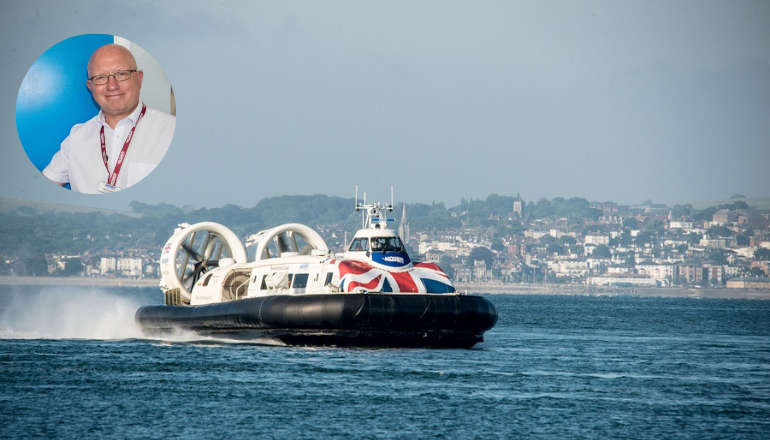 Hovertravel Boss To Step Down After 15 Years At The Helm
Hovertravel Boss To Step Down After 15 Years At The Helm
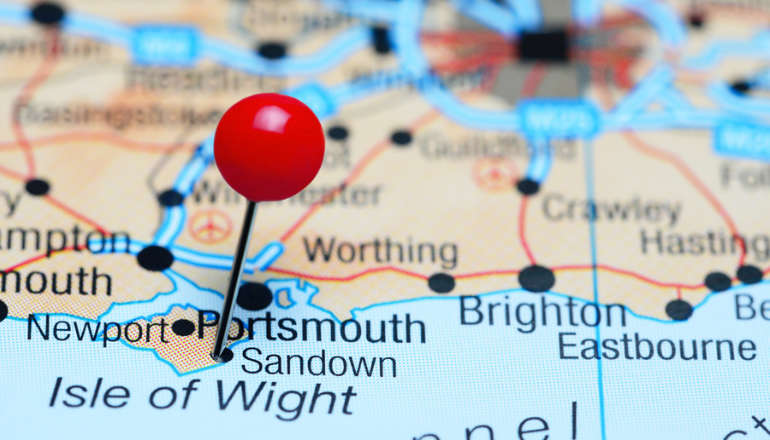 Owners Of Seaside Town 'Eyesore' Fail To Carry Out Works Despite £8,000 Fine
Owners Of Seaside Town 'Eyesore' Fail To Carry Out Works Despite £8,000 Fine
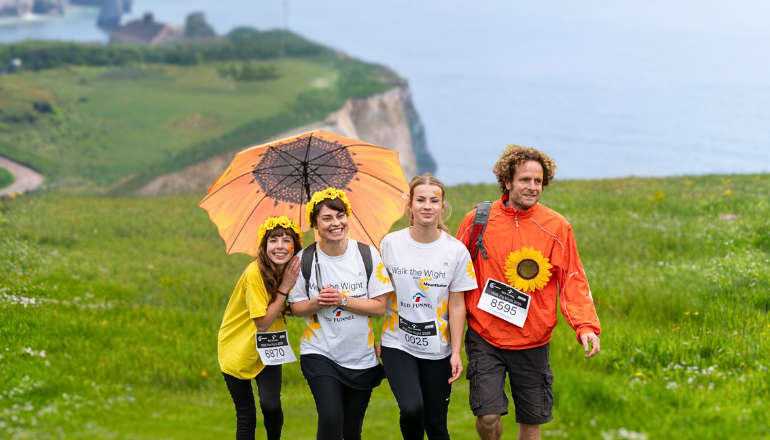 Celebrating 35 Years Of Walk The Wight: Registration Opens For 2025
Celebrating 35 Years Of Walk The Wight: Registration Opens For 2025
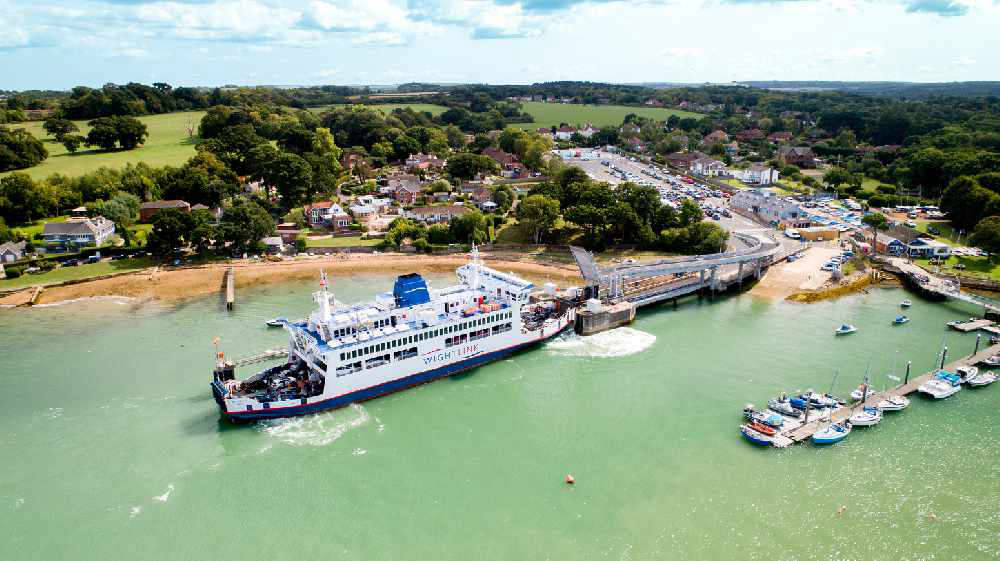 Emergency Services Called To Wightlink Ferry After 'Sudden Death' Of Man
Emergency Services Called To Wightlink Ferry After 'Sudden Death' Of Man
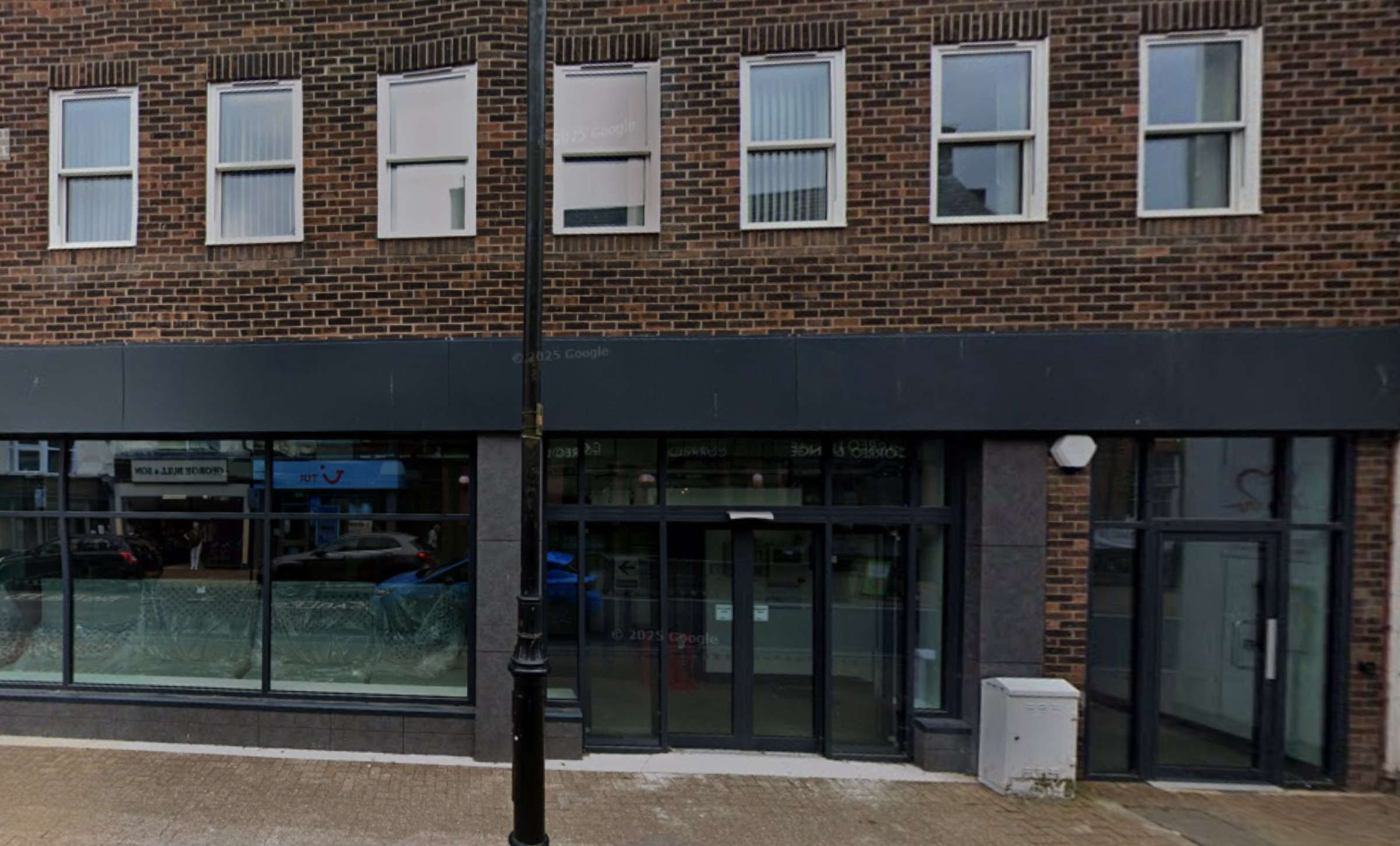 New £6.7m Mental Health Facility To Open On Newport High Street
New £6.7m Mental Health Facility To Open On Newport High Street
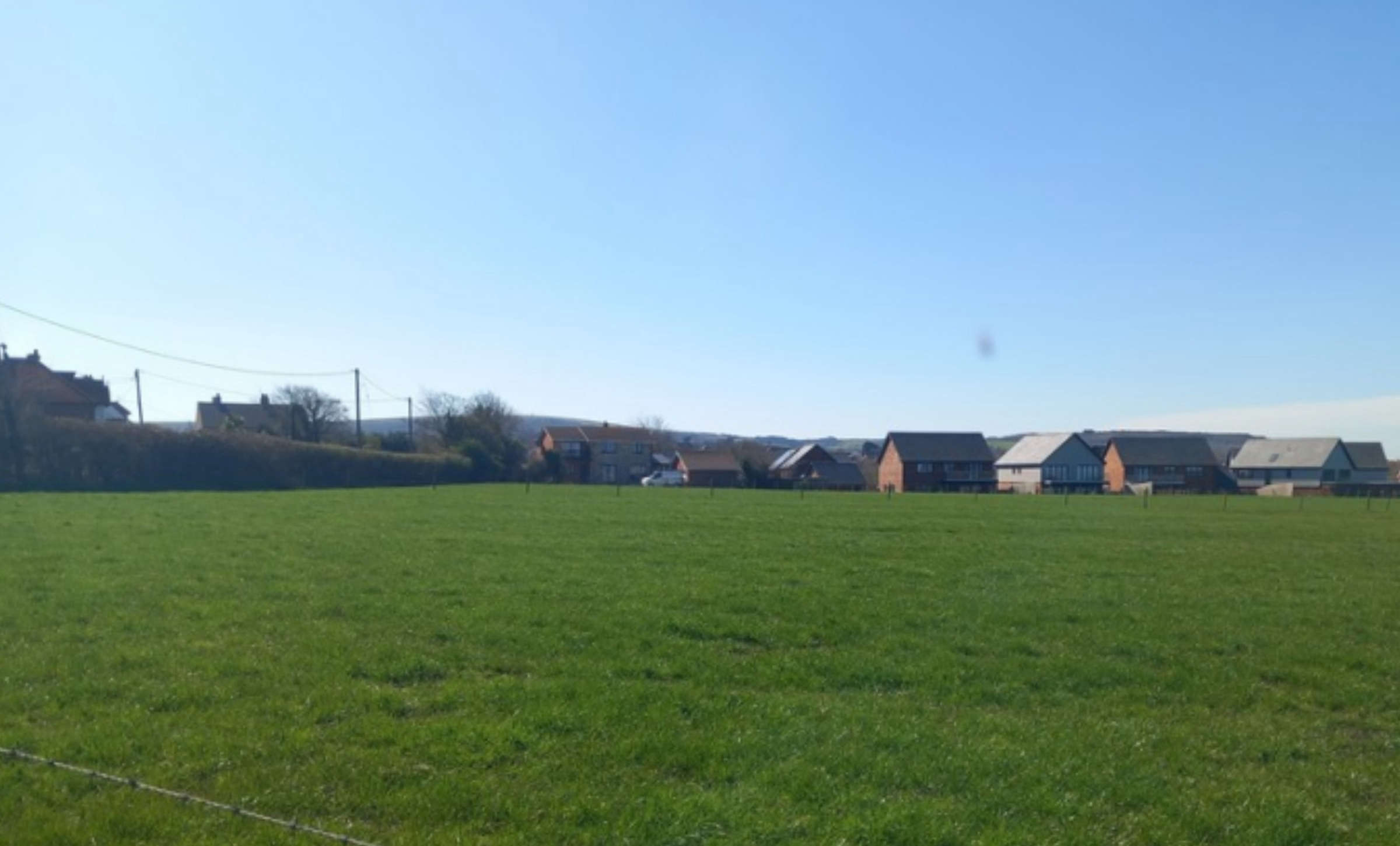 'Shocking, Misplaced And Reckless': Village Residents Hit Out At Housing Plan
'Shocking, Misplaced And Reckless': Village Residents Hit Out At Housing Plan
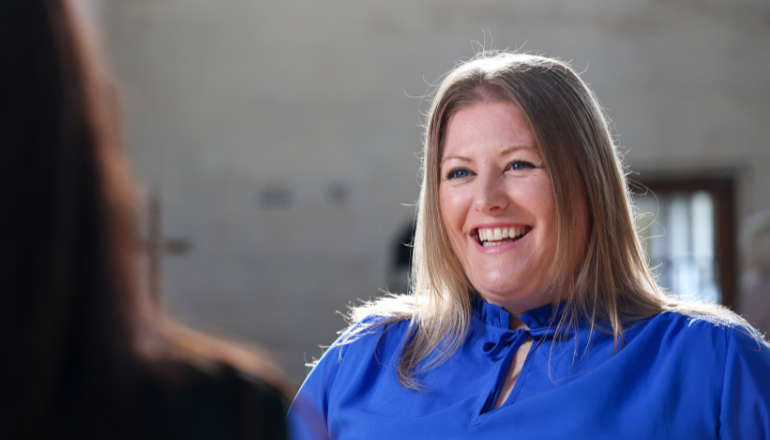 Highest Number Of Police Officers For Hampshire And Isle Of Wight Constabulary In A Decade
Highest Number Of Police Officers For Hampshire And Isle Of Wight Constabulary In A Decade
 Emergency Services Called To Newport Petrol Station After Car Crashes Into Kiosk
Emergency Services Called To Newport Petrol Station After Car Crashes Into Kiosk
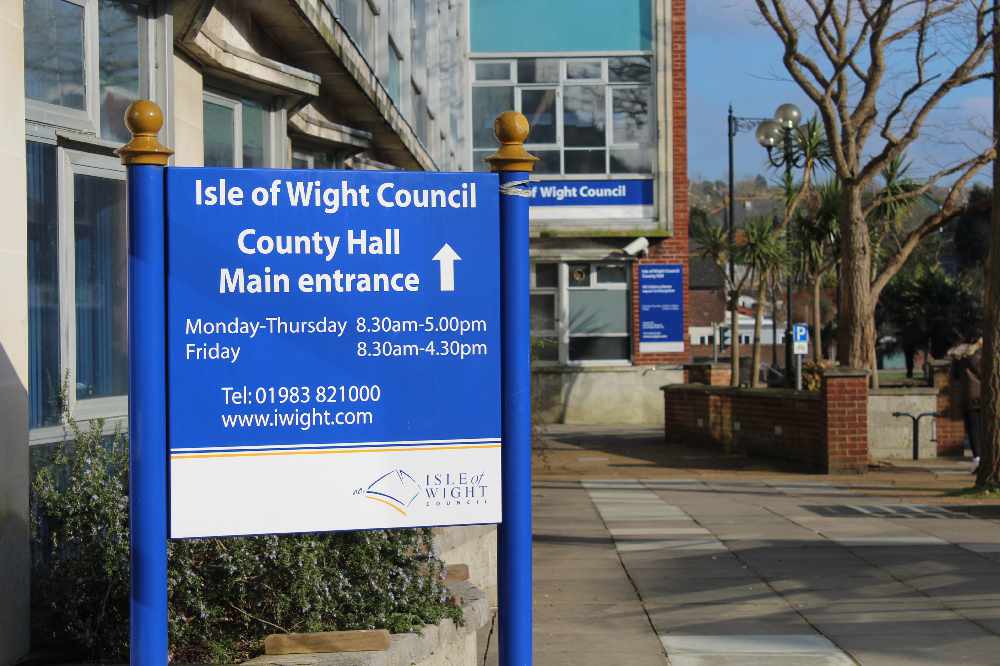 "There's Likely To Be In Excess Of 200 Redundancies": Island Trade Unionists On School Plans
"There's Likely To Be In Excess Of 200 Redundancies": Island Trade Unionists On School Plans
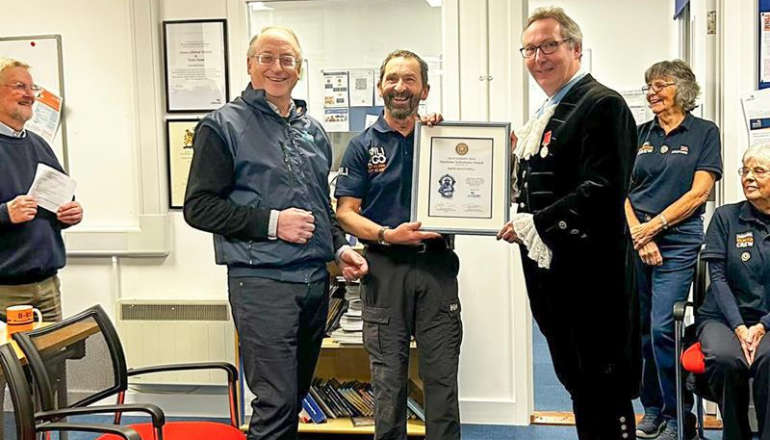 High Sheriff Presents Inaugural Maritime Volunteers Award To Cowes RNLI Station
High Sheriff Presents Inaugural Maritime Volunteers Award To Cowes RNLI Station
 Education Cabinet Member Faces Renewed Round Of Questions From Concerned Residents
Education Cabinet Member Faces Renewed Round Of Questions From Concerned Residents
 Man Jailed After burglaries Armed With Baseball Bat And Firearm
Man Jailed After burglaries Armed With Baseball Bat And Firearm
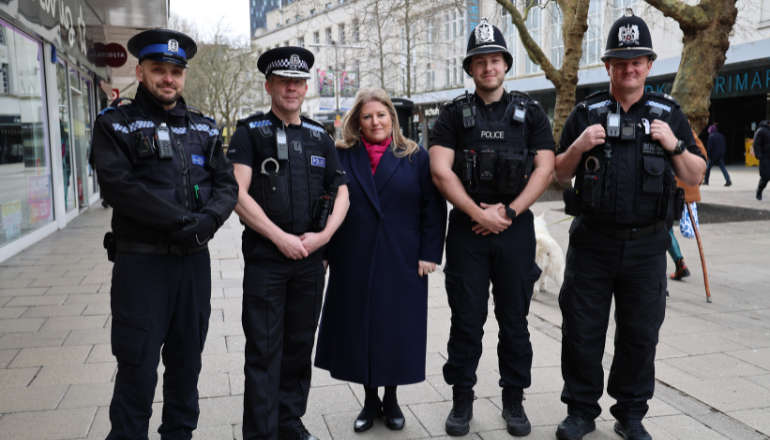 Retailers Say Hampshire & Isle Of Wight Constabulary Is Best At Responding To Retail Crime
Retailers Say Hampshire & Isle Of Wight Constabulary Is Best At Responding To Retail Crime
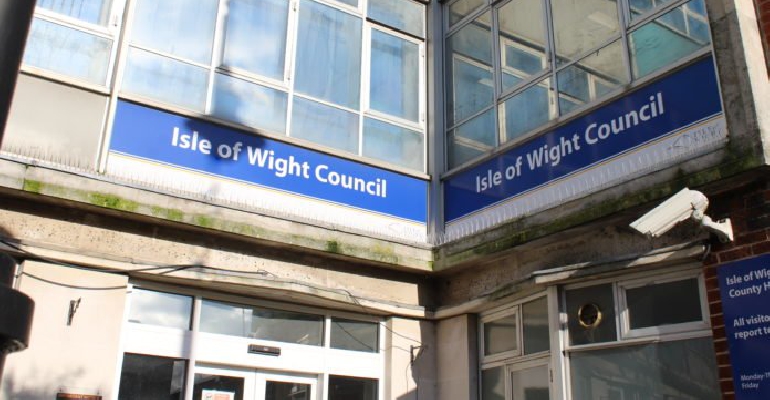 Full Council Opposes School Closure Plans In Blow To Cabinet
Full Council Opposes School Closure Plans In Blow To Cabinet
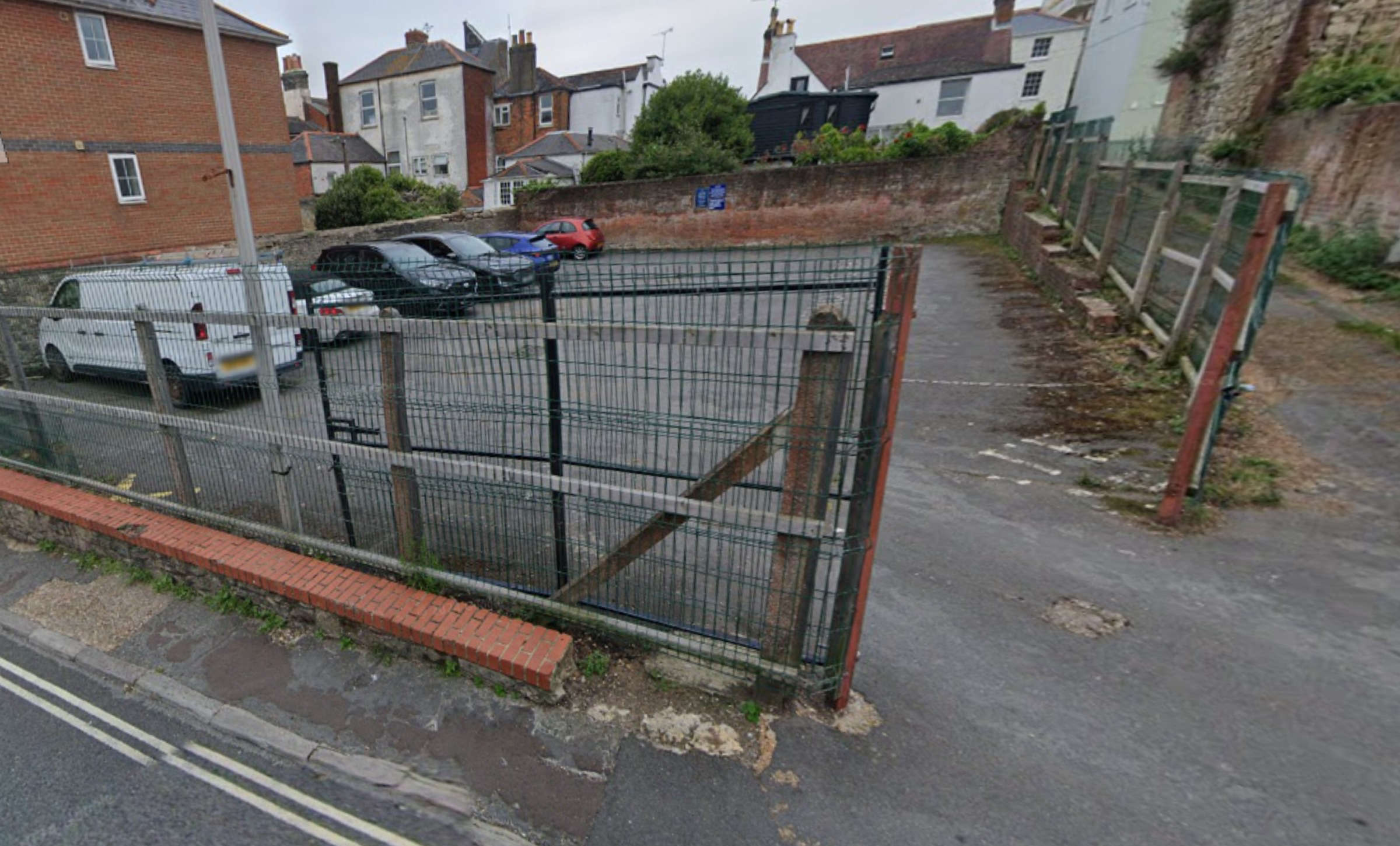 Eight Electric Vehicle Charging Bays Could Be Installed In Isle Of Wight Town Centre
Eight Electric Vehicle Charging Bays Could Be Installed In Isle Of Wight Town Centre
 New Drop-In Sessions Announced For Isle Of Wight Dementia Strategy Review
New Drop-In Sessions Announced For Isle Of Wight Dementia Strategy Review
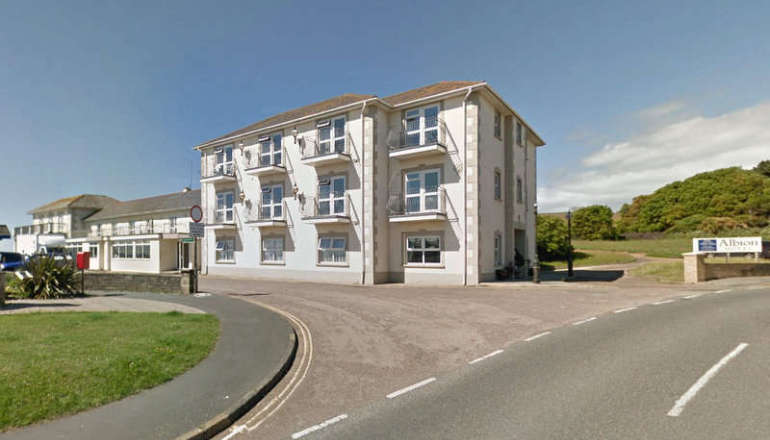 Plans To Enhance Luxury Freshwater Seafront Hotel Approved
Plans To Enhance Luxury Freshwater Seafront Hotel Approved
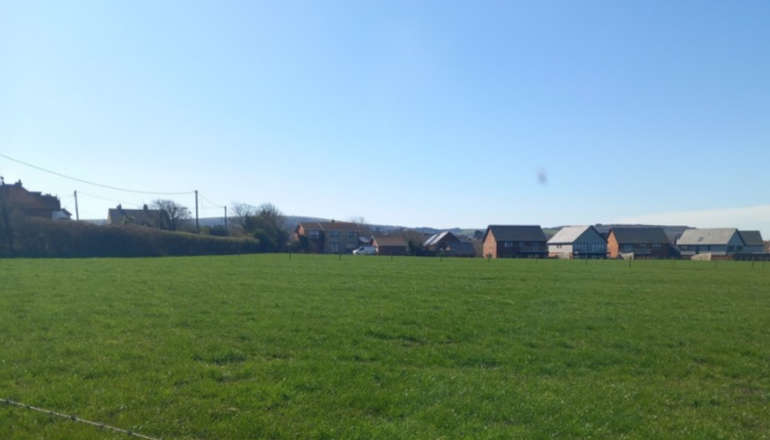 Thousands Of Pounds Of Investment Needed If Housing Development Goes
Thousands Of Pounds Of Investment Needed If Housing Development Goes


